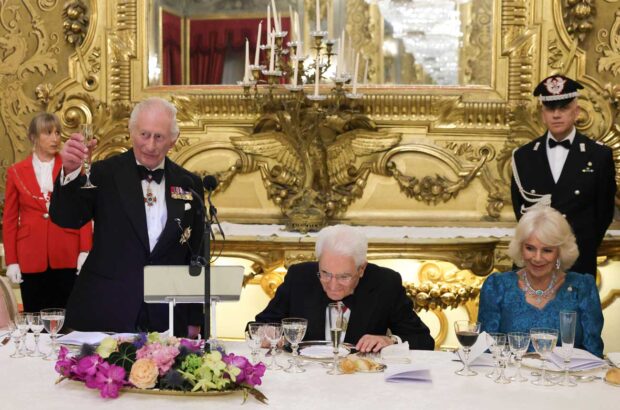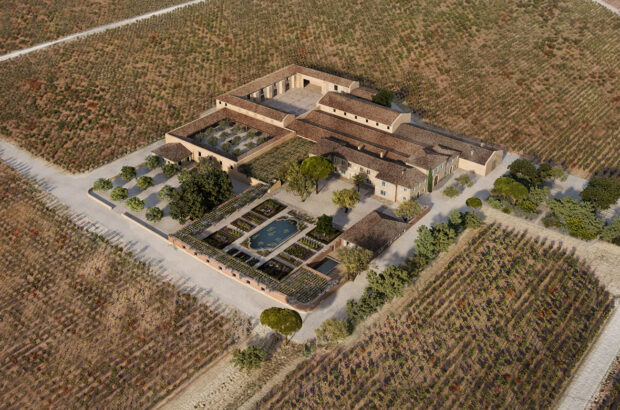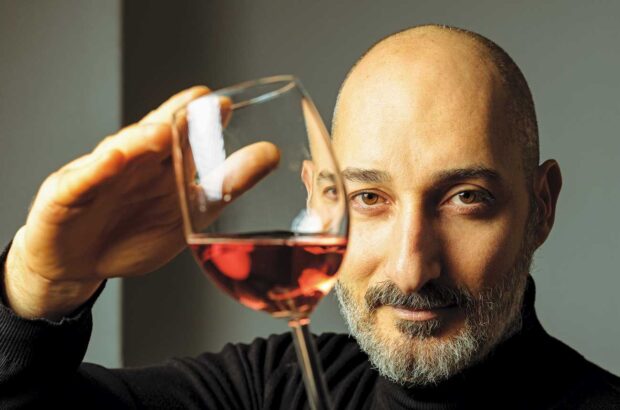Work on the hugely controversial Mosel bridge has re-started, to the dismay of a vocal band of dedicated protesters.
Mosel Bridge: ‘a folly’
The Hochmoselübergang (Upper Mosel Crossing), whose centrepiece is a 1.7km, 10-column bridge 158m tall, was first mooted in 1968, as a link between US bases in the region during the Cold War.
Since then the project has been taken up and dropped by successive political parties, finally being approved in March last year as the result of a deal between the Green party and the Social Democrats (SPD) in Rhineland-Pfalz.
The decision was bitterly disappointing to campaigners led by the Pro-Mosel alliance, which include Hugh Johnson and Jancis Robinson MW in the UK, wine writer Stuart Pigott, and renowned producers Ernst Loosenand Katharina Prüm, as well as some 40 other producers.
Pro-Mosel had initially been cheered by the fact the Greens had made opposition to the bridge part of their campaign platform.
Johnson, who has campaigned vigorously against the bridge, which in a January 2010 speech he dubbed ‘a folly…nothing but an autobahn on stilts’, called the decision by the Greens ‘shameless’.
In a further twist, work was halted in April this year because, German newspapers reported, structural calculations had been inadequate.
Now construction has started in earnest, with earth-moving machinery in situ, Robinson reported on her website last week, publishing a letter from Pro-Mosel spokeswoman Sarah Washington.
‘As far as I understand it’ (Washington wrote) ‘the wine mountain on the Ürzig side has had the notch cut out of it in preparation for building a tunnel, and I have heard this week that the big machinery has just arrived at the bridgehead on the other side to begin sinking the foundation for the first pier.
‘I know the campaigners are not backing down, because everyone considers that the building process is going to throw up problems that in the end will be too costly or awkward to solve.’
The bridge’s route will cut through what Hugh Johnson called ‘the finest Riesling vineyards on the planet – the slatey slopes of Wehlen, Graach, Urzig and Zeltingen…This mad, destructive, unnecessary road is on course to pollute the most famous, most beautiful and historic stretch of one of Europe’s loveliest rivers, forever.’
Johnson told Decanter.com today it was ‘too late’ to mount any serious protest as work had started.
He said that among many grave objections to the bridge – apart from the destruction of historic vineyards such as Urziger Würzgarten – was the fact that no study had been done into the environmental impact of deforestation of the ridges that top the precipitous slopes of vineyards like the Sonnenuhr in Wehlen.
‘Water has historically been controlled by the tree roots, which will now be replaced by concrete. There will now be run-off which will irretrievably alter [the vineyards’] drainage and their ecology. There has never been a study to find out what the effect will be.’
The bridge’s backers say it will create an important transport link.
‘It has regional and national importance for the infrastructure and accessibility of the Eifel-Mosel-Hunsrück region,’ a spokesperson for the government of the Rheinland-Pfalz region told Decanter.com earlier this year.
[pic: John Wyand]
Written by Adam Lechmere







